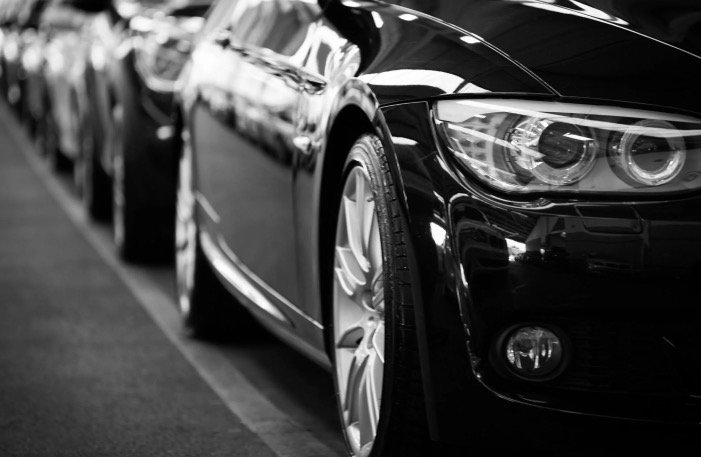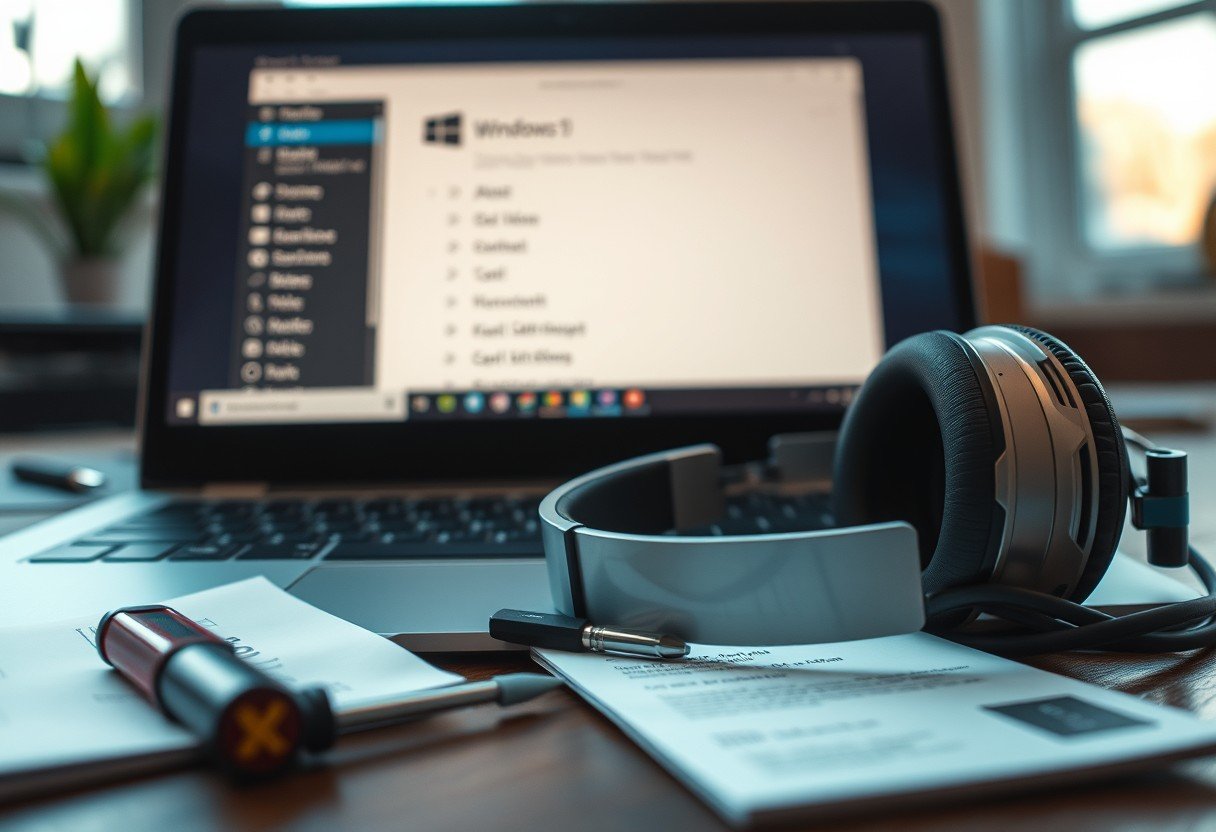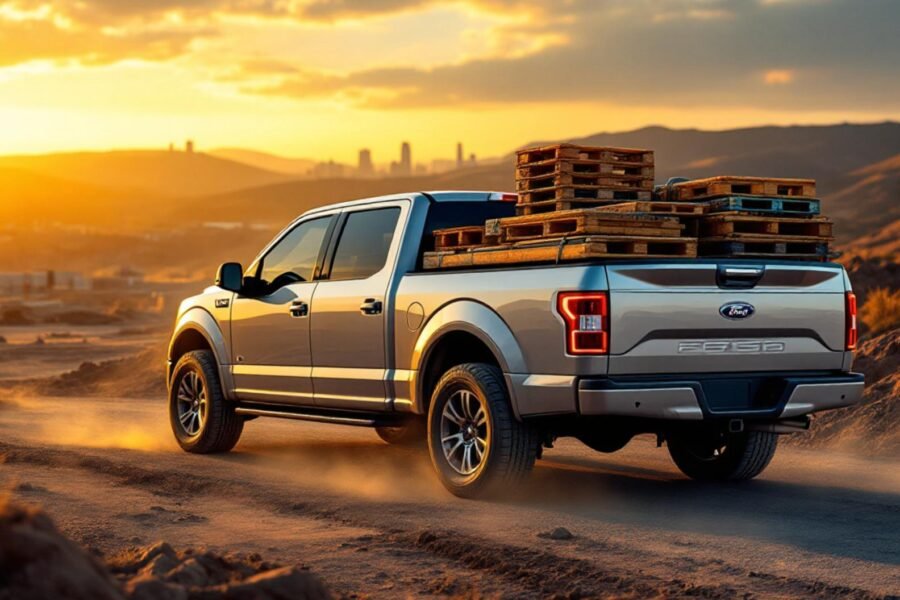Buying a cheap car with cash is a fantastic way to avoid monthly payments and save a lot of money. However, a low price tag doesn’t always mean a good deal. To get a vehicle that is both affordable and reliable, especially from sources like auto auctions, you need a smart strategy. Following a few key rules can protect you from overspending or buying a car with serious hidden problems, ensuring your cash purchase is a wise investment.
Set a Firm Auction Budget and Stick to It
When you’re at an auction, the competitive atmosphere can be intoxicating. It’s easy to get caught up in a bidding war, where the desire to win overshadows the goal of getting a good deal. This is the fastest way to overpay for a vehicle.
To prevent this, you must decide on your absolute maximum price before you even arrive. This isn’t just a suggestion; it’s your most important rule. Your budget should be the total amount you are willing to spend, including any auction fees or immediate repair costs.
A powerful trick is to bring only that exact amount of money in cash. If you don’t have extra funds easily available, you physically cannot overspend. This simple act of preparation creates a hard stop, forcing you to walk away when the price goes beyond your limit and keeping your financial goal in focus.
Why Targeting Fixer-Uppers Can Be a Smart Move
The shiny, newer models and luxury cars at an auction will always attract the most attention. These vehicles often create bidding wars, pushing the final price up to, or even above, their actual market value. The real bargains are often found elsewhere.
If you have some mechanical knowledge or know a trustworthy mechanic, fixer-uppers present a golden opportunity. These are cars that may have cosmetic issues or need minor repairs, scaring away less-experienced buyers. Because the bidding pool is smaller, you can often acquire these vehicles for a fraction of their potential worth. Doing the repairs yourself or through a trusted contact helps you get a better deal in the long run.
This table breaks down the general differences between the two approaches at an auction:
| Vehicle Type | Pros | Cons |
|---|---|---|
| Clean Vehicle | Ready to drive, fewer initial problems | Higher competition, more expensive |
| Fixer-Upper | Much lower purchase price, less competition | Requires repairs, potential for hidden issues |
Do Your Homework by Researching Multiple Options
You might have your heart set on one specific car listed for auction, but it’s a mistake to focus only on that vehicle. The chances of winning your top choice at the price you want are never guaranteed. If you don’t win it, you could be left with no other options or be tempted to make an impulsive bid on a car you know nothing about.
To avoid this, you need to be prepared. Before the auction, review the full list of available vehicles and identify several that meet your basic needs.
Researching multiple listings allows you to hedge your bets and pivot to another great deal if your first choice doesn’t work out. For each potential car, you should try to find out:
- The average market value for that make, model, and year.
- Common mechanical problems associated with the model.
- Estimated costs for potential repairs (e.g., new tires, brake pads).
- The vehicle’s history report, if available.
Having this information on a few different cars gives you the flexibility and confidence to bid wisely on whatever opportunities arise.
Manage Your Expectations for a Smoother Process
It’s important to approach a car auction with a realistic mindset. You are there to find a bargain, and so is everyone else. You may have to attend several auctions before you successfully buy a car that fits your budget and needs. Don’t get discouraged if you go home empty-handed; patience is part of the strategy.
You also need to set realistic expectations for the car’s condition. These are often repossessed vehicles sold as-is, which means they haven’t been detailed or serviced by a dealer. After you win a bid and take possession of the car, your very first stop should be a mechanic’s shop. Always have a professional mechanic inspect the vehicle thoroughly to identify any underlying issues that need immediate attention. Factoring in the cost of this inspection and potential repairs is a crucial part of your overall budget.
The Importance of Patience: Don’t Rush Your Decision
The primary reason for buying a repo car with cash is to save money. Every decision you make should support that goal. Rushing into a purchase because you’re tired of looking or feel pressured by the auction environment is counterproductive. This can lead you to buy the wrong car or pay more than you should have.
Be prepared to walk away. If the bids go too high or you have a bad feeling about a vehicle, trust your gut and wait for the next opportunity. There will always be more cars and more auctions. Being patient and willing to stay the course is what will ultimately lead you to a solid car at a great price. Remember, a few extra weeks of waiting could save you thousands of dollars and years of headaches.
Frequently Asked Questions about Buying a Cheap Car
What is the biggest mistake people make when buying a car at an auction?
The most common mistake is getting emotional during bidding. People often get caught up in the competition and bid more than the car is worth, completely forgetting their budget and the goal of saving money.
Are repossessed cars always a good deal?
Not necessarily. While they are sold at low prices, they can have mechanical issues or cosmetic damage. A good deal depends on buying the car for significantly less than its market value after factoring in the cost of any needed repairs.
How much money should I set aside for potential repairs on a repo car?
There’s no exact number, but a safe approach is to budget an extra 15-25% of the car’s purchase price for unexpected repairs. This ensures you are financially prepared for common issues like needing new tires, brakes, or a battery.
Can I test drive a car before bidding at an auction?
In most cases, you cannot test drive vehicles at a repo auction. You are usually allowed a visual inspection where you can look inside, check under the hood, and start the engine, but driving is not permitted.
What kind of paperwork is involved after winning an auction?
After you win and pay, you will receive a bill of sale and the vehicle’s title. You will then be responsible for registering the car in your name, paying any applicable sales tax, and getting it insured before you can legally drive it on the road.





Leave a Comment